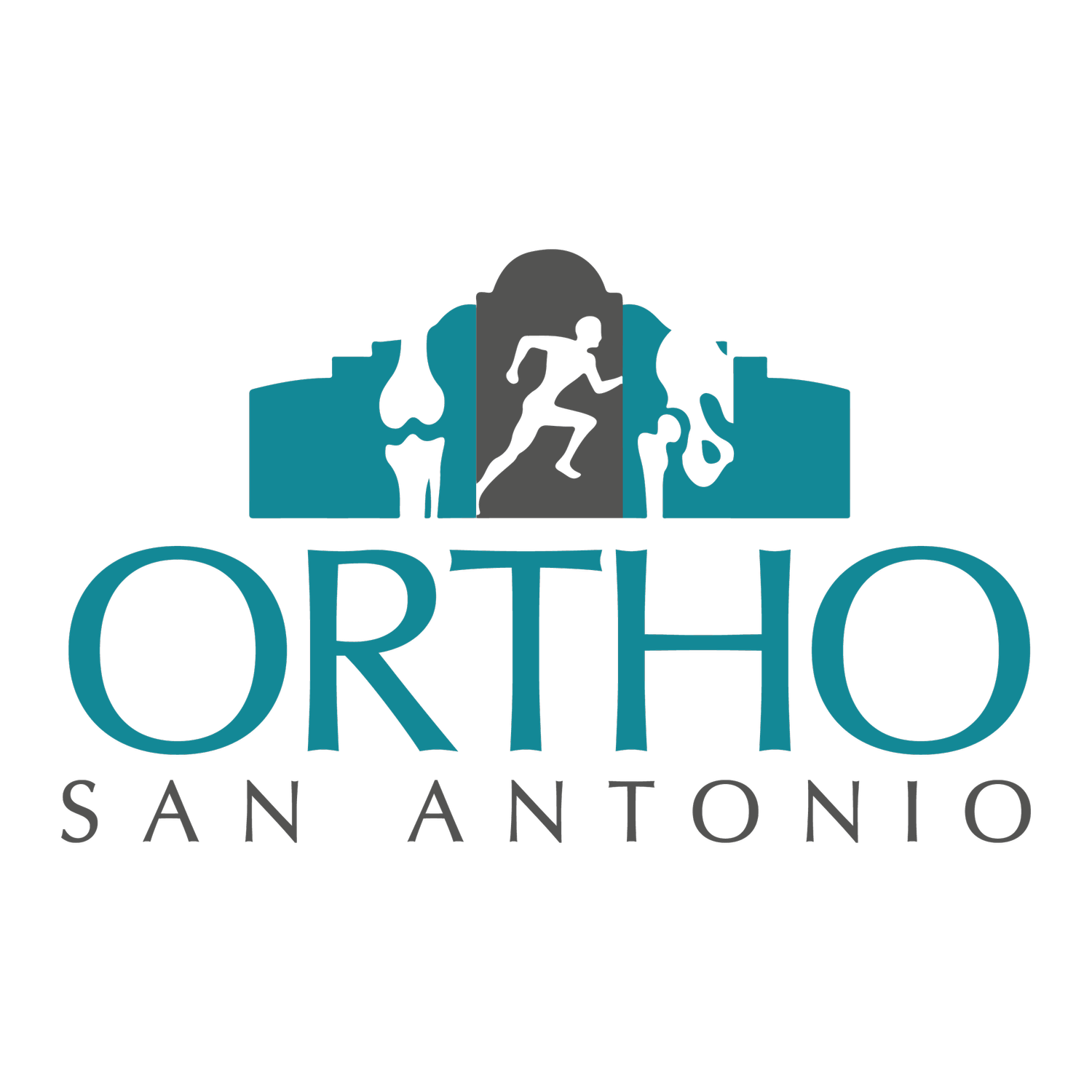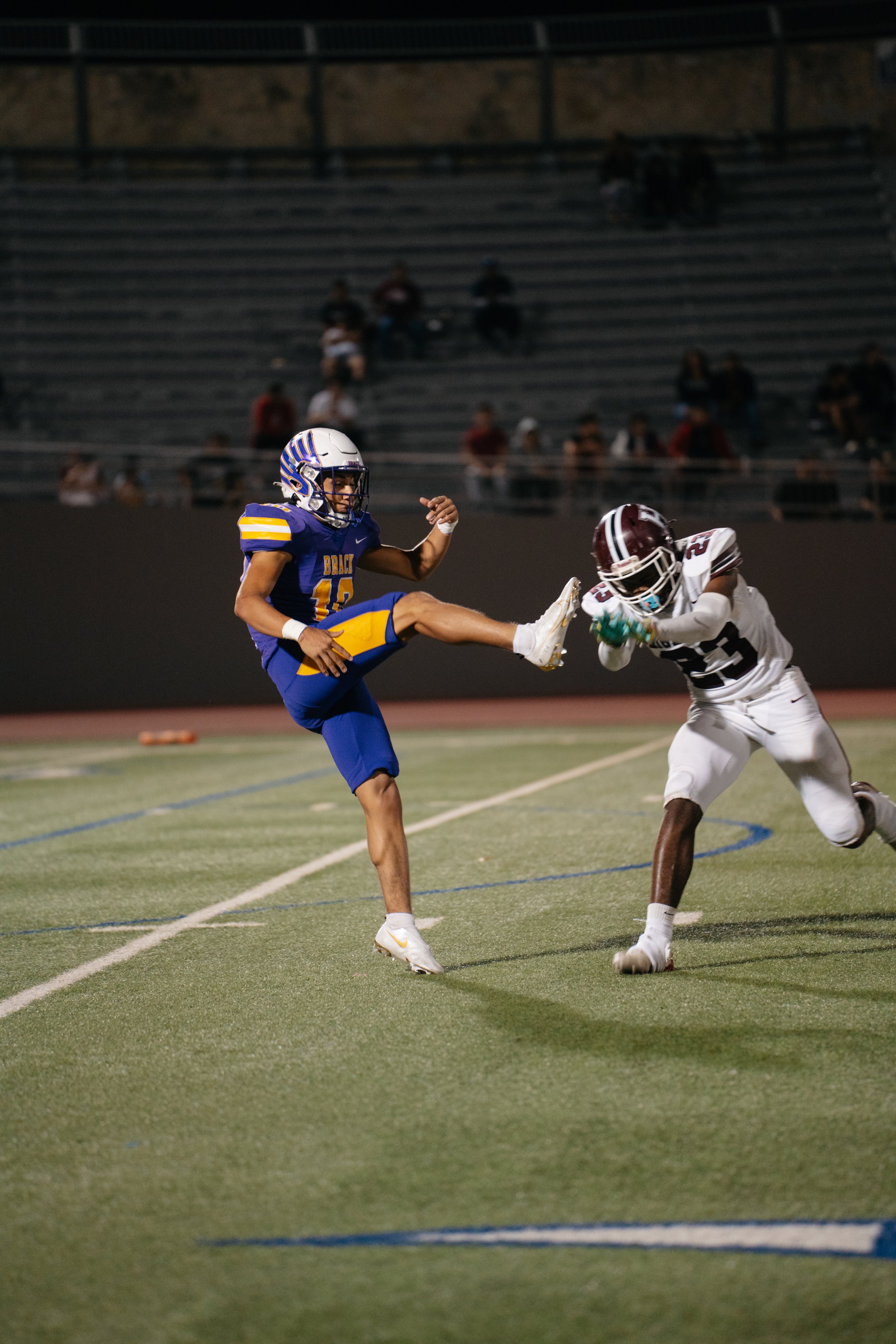How Many Concussions Is Too Many?
Concussions can have a significant impact on athletes of all ages, and the question of how many concussions are too many is a complex one. While there's no definitive answer, it's essential to recognize that each concussion is unique and can have varying effects on individuals.
We will discuss the factors that influence how your body responds to multiple concussions, including the severity of each injury, recovery time, and individual differences. We will also explore the importance of making informed decisions about your athletic future, considering your long-term goals and the potential risks associated with continued participation.
“With every concussion, they may get worse in severity and how long that you're feeling the symptoms for, so that's something to take in mind, as well as what your long term goals are.” - Dr. Baginski
understanding concussions
A concussion, also known as a mild traumatic brain injury (TBI), is a type of head injury that occurs when the brain is jolted or shaken within the skull. This can happen due to a direct blow to the head, a sudden stop or change in direction, or a violent shaking. Even though concussions are often considered mild, they can have serious consequences if not treated properly. The brain is a delicate organ, and a concussion can disrupt its normal function.
symptoms of a concussion
Concussions can manifest in various ways, and symptoms may appear immediately after the injury or develop over time. Some common symptoms of a concussion include:
Headache
Dizziness
Nausea
Confusion
Difficulty Concentrating
Sensitivity to Light or Sound
Memory Problems
Mood Changes
Fatigue
the impact of multiple concussions
The effects of multiple concussions can be severe, particularly when they occur close together. While a single concussion may heal on its own, repeated head injuries can significantly increase the risk of:
Chronic Traumatic Encephalopathy: A progressive brain disease linked to repeated head impacts, CTE can cause symptoms such as memory loss, confusion, mood swings, and aggression.
Longer Recovery Times: Subsequent concussions often take longer to heal, and symptoms may be more severe or persistent.
Increased Risk of Other Brain Issues: Multiple concussions may raise the risk of other neurological problems, including depression, anxiety, and cognitive decline.
Second Impact Syndrome: A rare but potentially fatal condition that can occur when a second concussion happens before the first has fully healed.
factors affecting concussion recovery
Recovery from a concussion can vary greatly from person to person. Several factors can influence how quickly and completely a person recovers, including the severity of the injury, previous concussions, age, and overall health.
Older athletes may be more susceptible to the effects of concussions compared to younger athletes. Additionally, individuals with underlying health conditions may experience more severe or prolonged symptoms.
The way a person manages their recovery can also impact the outcome. Following the recommendations of healthcare professionals, getting adequate rest, and avoiding activities that may aggravate symptoms can help promote healing.
making informed decisions
When deciding whether to continue participating in sports after a concussion, it's crucial to consult with a qualified sports medicine professional. At Ortho San Antonio, our experts can accurately assess the severity of your injury and provide personalized guidance on when it's safe to return to your chosen activity.
It's also essential to consider your long-term goals and the potential risks associated with continued participation. If you are a professional athlete, the decision to return to play may be more complex due to the financial and career implications.
Ultimately, the decision of whether to continue playing sports after a concussion is a personal one. It's important to weigh the risks and benefits and make a choice that is right for you.
MEET OUR SPORTS MEDICINE PHYSICIANs
Don't let concussions sideline your athletic career. Prioritize your brain health and stay in the game. Seek prompt medical attention for any head injury and consult with a qualified sports medicine professional at Ortho San Antonio for expert care and a safe return to play.
If you experience any symptoms of a concussion, such as headaches, dizziness, or confusion, consulting with a sports medicine professional can provide expert diagnosis and treatment. With proper care, you can protect your brain health and return to your sport safely.










